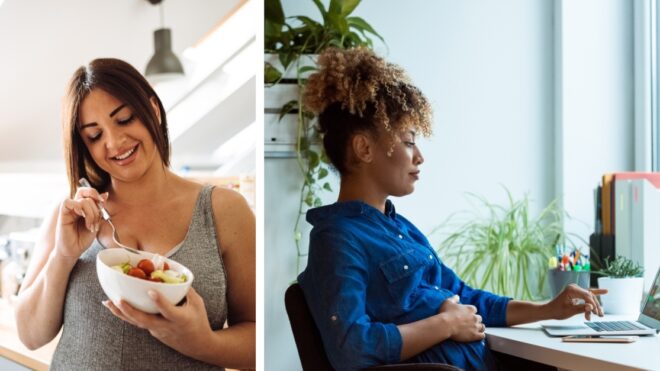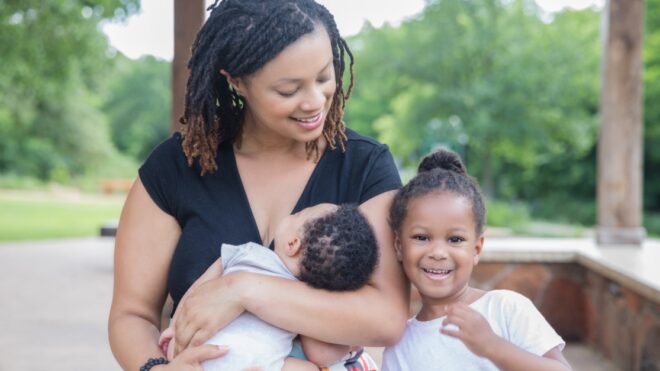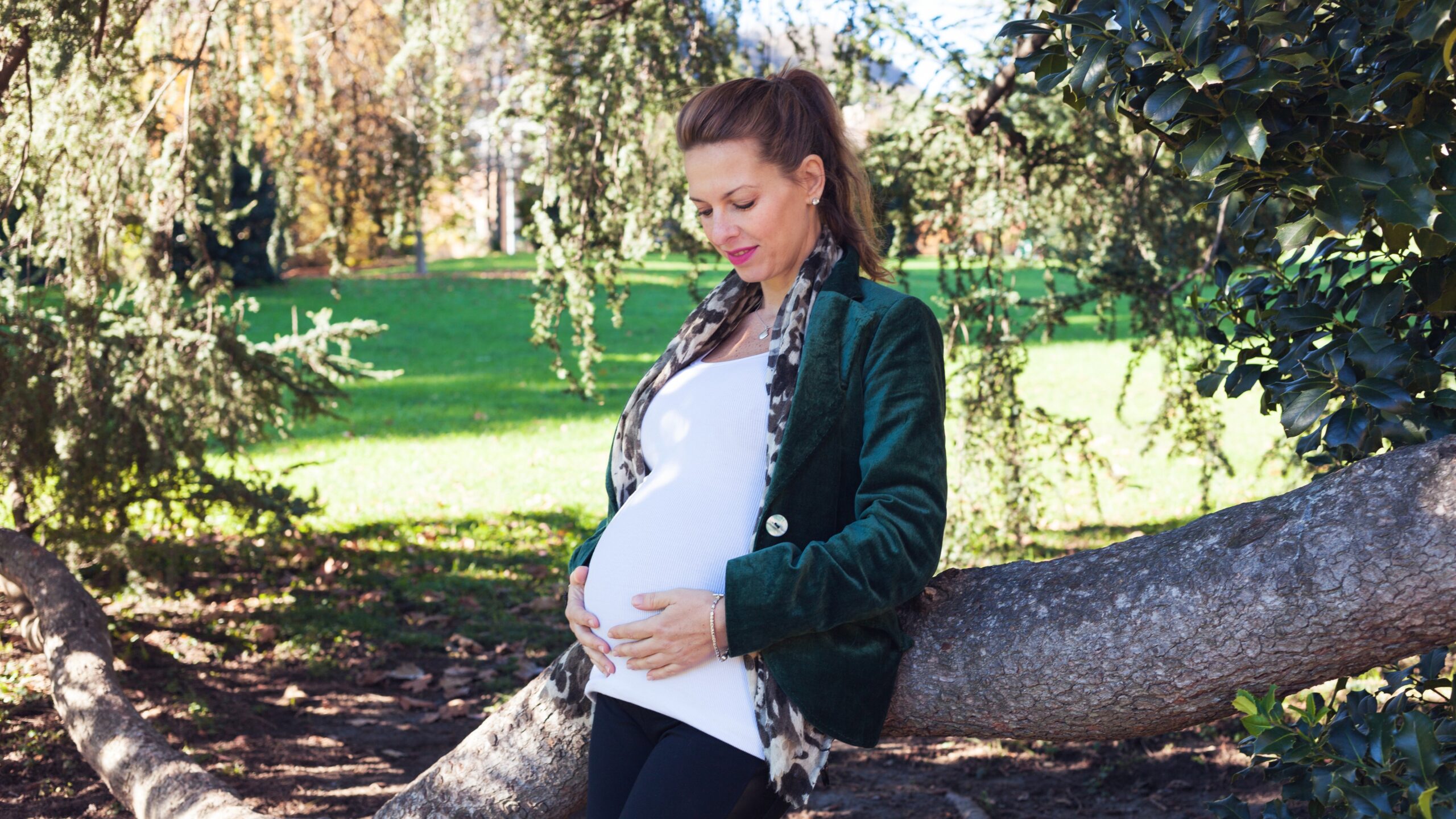
Getting pregnant at any age can be a challenge. Pregnancies that occur when mothers are young come with their own host of challenges and issues; everything from interrupting schooling to family-related strife to potential lack of resources or support. Pregnancies that occur when mothers are older have their problems, too; questionable egg quality, interruption in workflow, or, in my case, difficulty conceiving.
I was 40 when I had my first son, which was ultimately a very positive experience; however, it took my husband and me both some time to decide that yes, we did want to try for a second while there was still a good chance for it to happen.
More from LittleThings: Writer And Podcaster Zibby Owens Thinks Moms Don't Have Time To Be Miserable
When I was closing in on 43, we decided to start trying again.
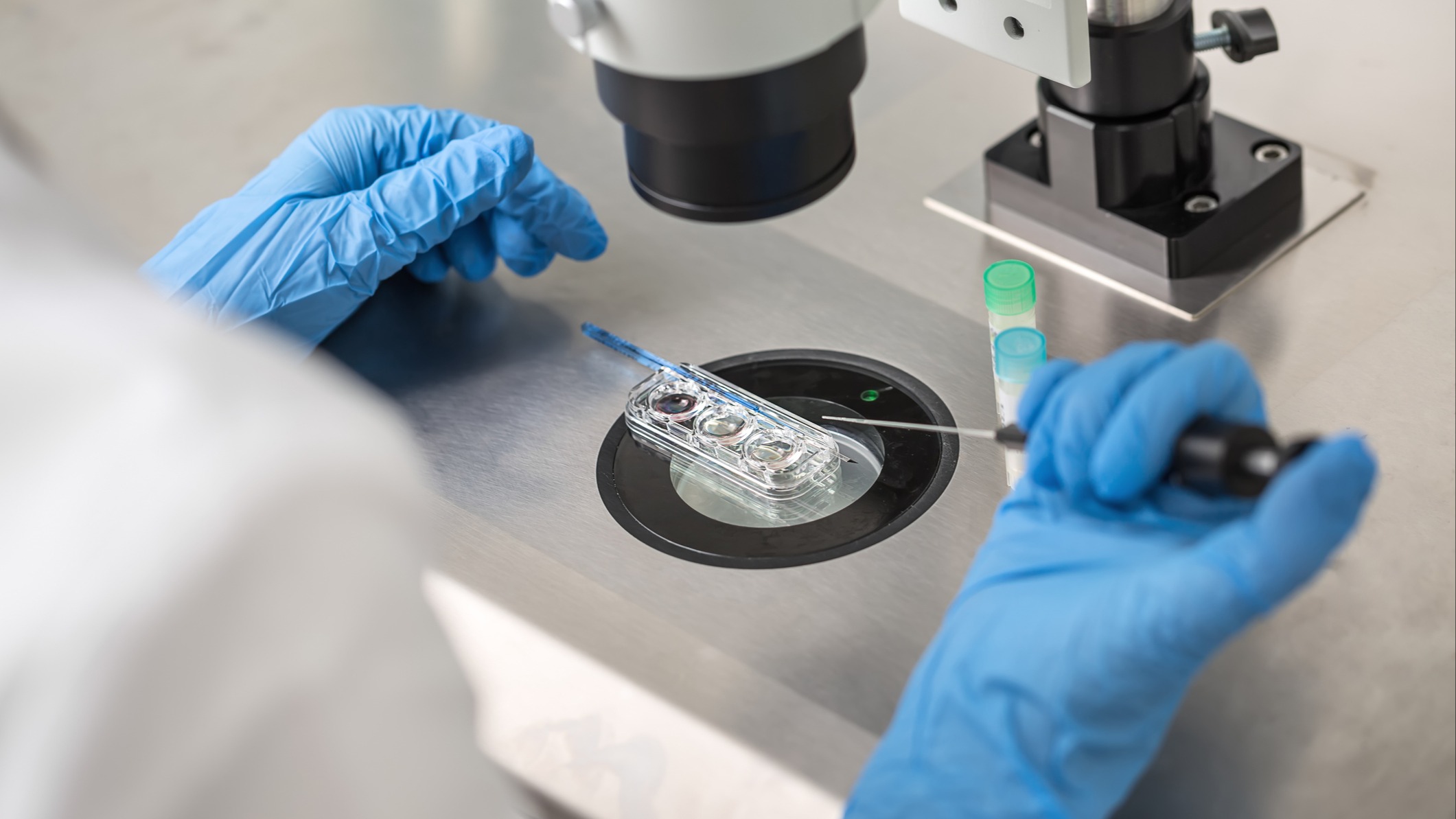
It’s never a good idea to google anything health-related, and that includes trying to get pregnant over 40. According to the articles I discovered, I was probably going to have little to no success conceiving without the help of IVF, and if I did have any luck conceiving naturally, my child would most likely be unhealthy, stupid, and sad that I was so old. But I was determined to prove the articles wrong.

My husband and I spent the next year having sex on a schedule, and I followed the Premom app and peed on sticks that measured my FSH levels with utter commitment.
My own OB-GYN was somewhat optimistic. As I careened past my 44th birthday, I had my hormone levels tested, and they were on the average side of low. She told me that it wasn’t impossible for me to get pregnant naturally but gently made it clear that the window was closing.
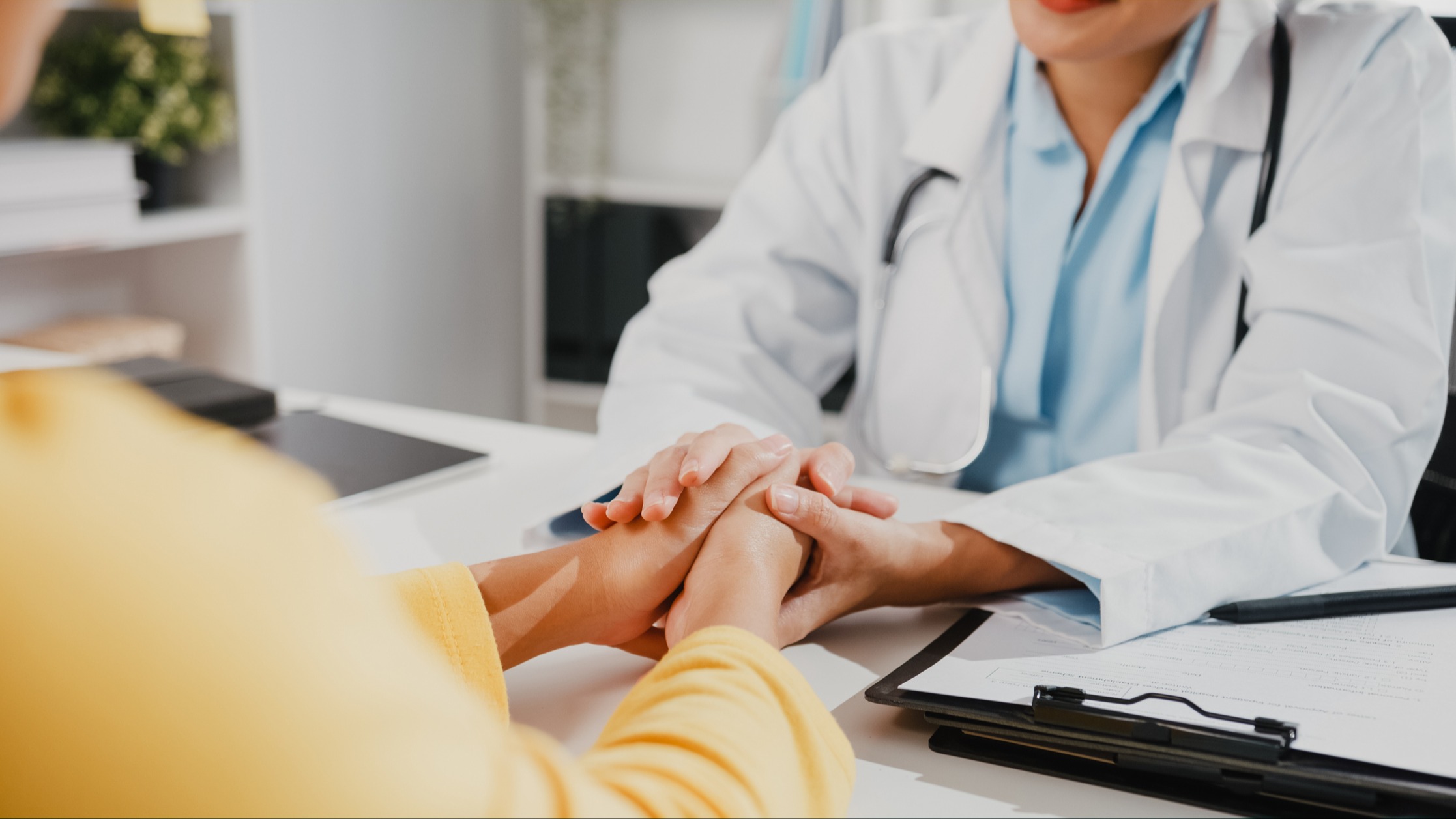
Was my OB-GYN’s mostly positive prognosis realistic? Or was I completely wasting my time even trying? Though I had absolutely zero intention of getting IVF — it is too expensive and not guaranteed, and I’m not a “give myself daily shots” kind of gal — I spoke to a few fertility specialists, just for kicks.
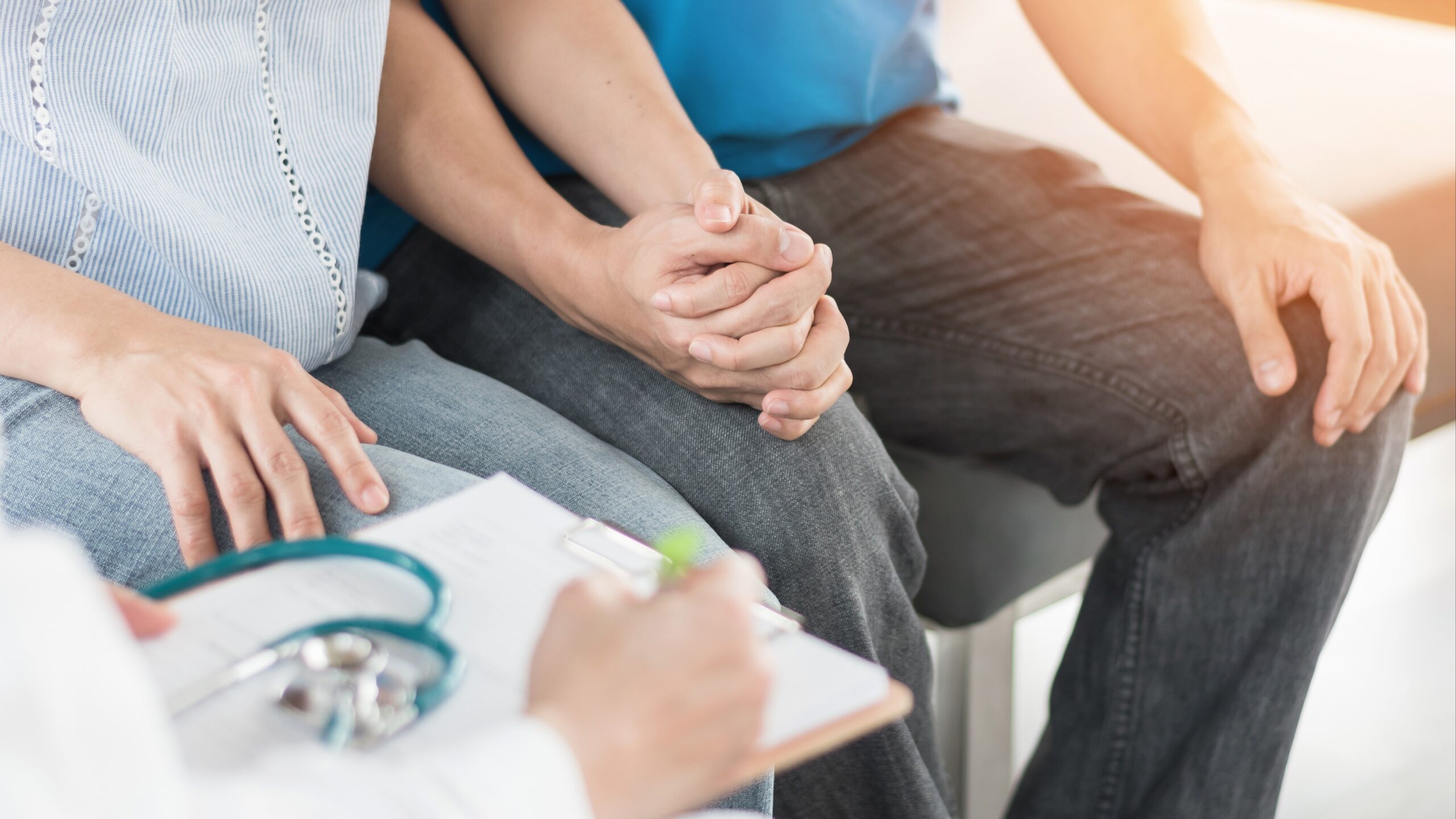
One specialist told me on the phone that I would be required to use donor eggs if I was going to work with her clinic. All of the specialists I spoke to charged $300 and up for an initial consultation and had at least a few-months-long waiting list to see them. I was torn about spending upward of $300 several months from now to be told I would have to do IVF when I knew it wasn’t something I planned to move forward with.

So I decided to push forward, doing whatever I was confident that I did have control over. I tested my FSH levels twice a day with the Premom brand pee sticks, had sex both casually and on the clock, and thought positively. I watched my diet carefully, cutting out almost all sugar, meat, and processed foods, and I made sure to exercise via a vigorous walk for 40 minutes every day. Going a little deeper, I also joined a group on Facebook called Over 40 Moms/TTC — group of over 5,000 very optimistic women who either had had babies over 40 or were in various stages of the process.
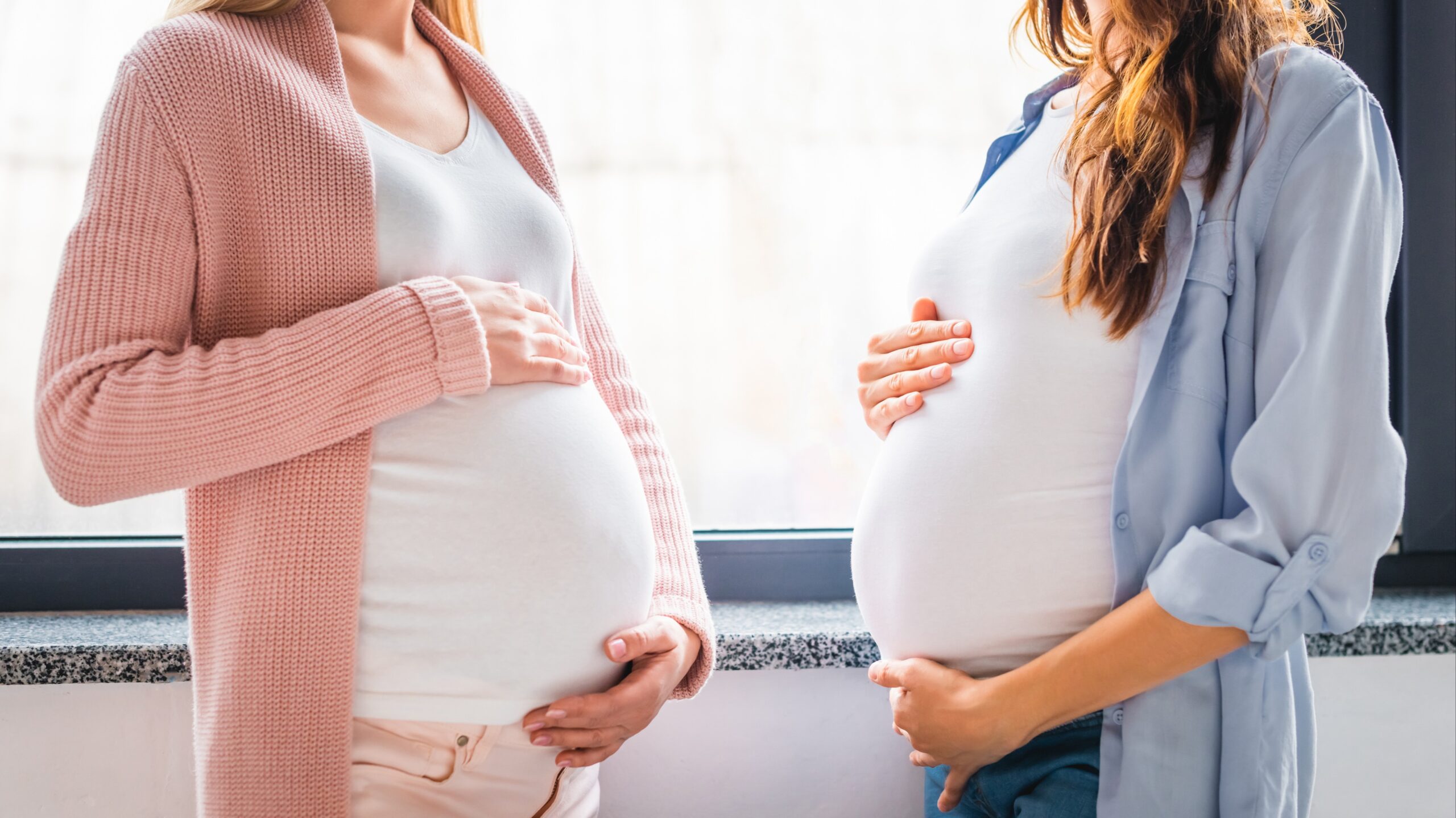
The support I found there was tremendous. Daily, women in their late 40s and even into their 50s were posting about their pregnancies and experiences, and I found the encouragement to be, um, penetrating. I was drawn to checking in regularly, just to read the stories, suggestions, and journeys of the other moms and moms-to-be. One mom recommended reading a book called It Starts With an Egg, which was about one woman’s experience getting pregnant. The book contained a lot of practical advice, like eating well, and recommended a host of vitamins and supplements to try, many of which I did. One friend told me that her mother had gotten pregnant at 46 by using the drug Clomid. I put a pin in that idea and did a Google search in the meantime, locating supplements that mimicked the active ingredients in the drug and adding them to my daily regimen. I drank pregnancy tea. And then I let go of expectations and succumbed to fate. I had all but given up.
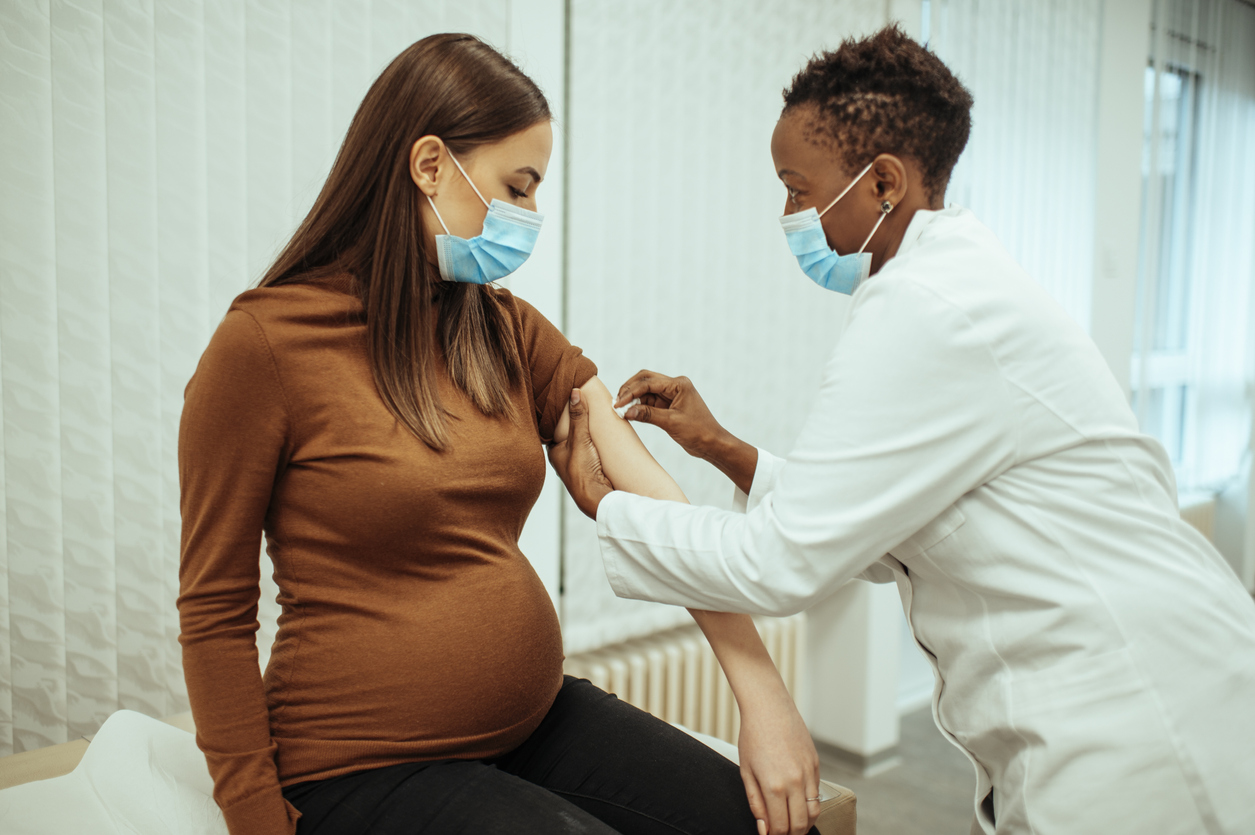
And then I got pregnant.
You may have heard stories like mine — the ones where people lose (almost) all hope, and then they are given a lifeline. I heard them over and over again during my second pregnancy journey. I didn’t altogether dismiss them, but I did roll my eyes a bit at the prospect of that being what could or would happen to me.
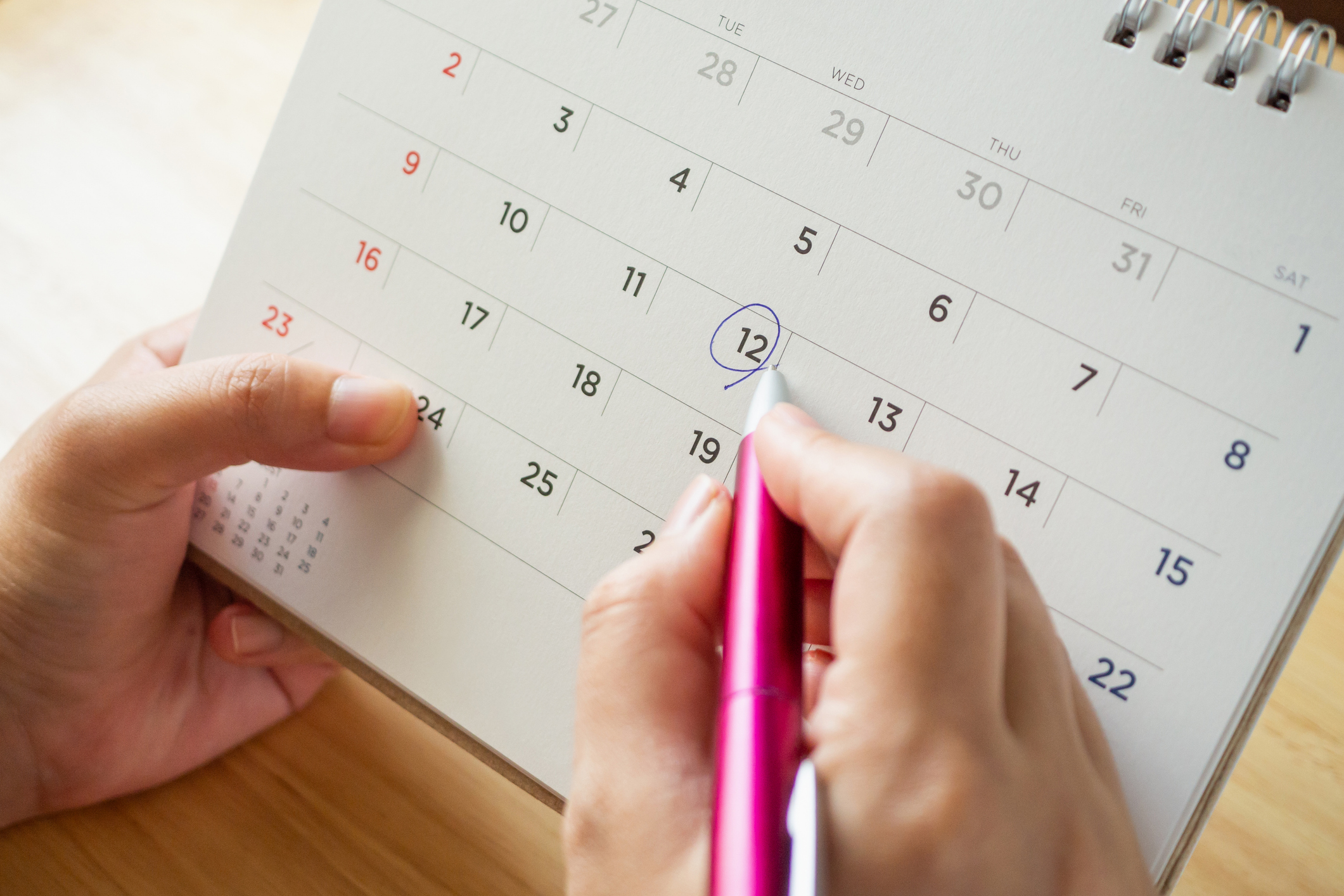
At 45½ years old, in the fall of the year, I noticed I’d missed my period and my breasts had swollen to about 25% larger than their typical size. On a routine visit to my OB-GYN, I talked her into giving me a pregnancy test.
“My period is five days late,” I told her. She poo-pooed me.
“Get an OTC test in a week or so,” she said.
“But, but … ” I pushed. She let me pee into a cup, and a few moments later she returned to the room to confirm that yes, in fact, I was pregnant.
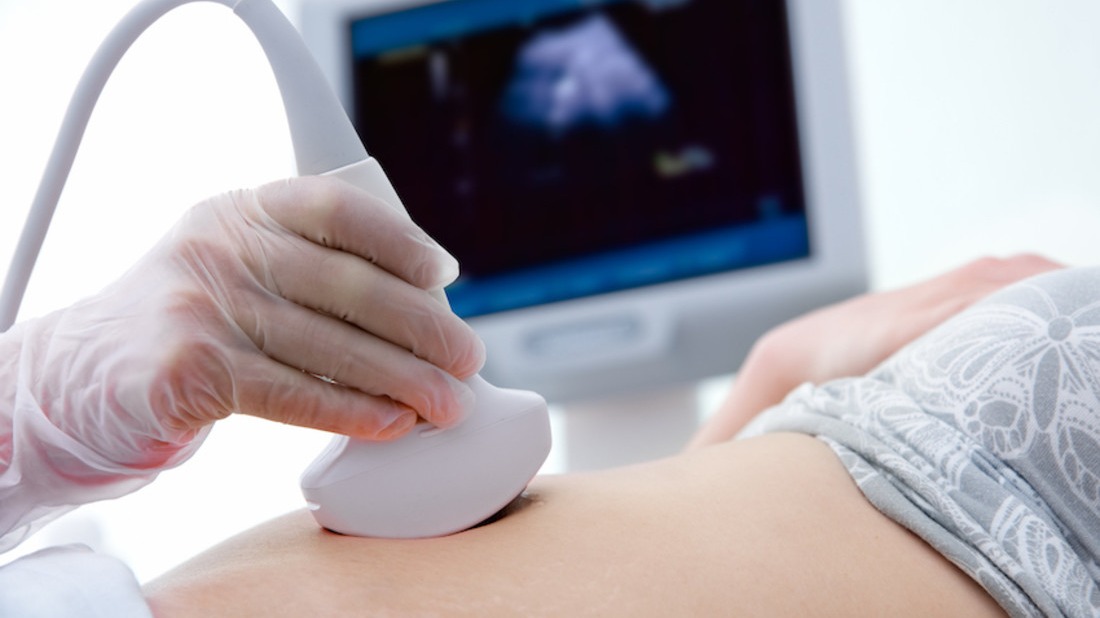
I was stunned and delighted. Now I just had to see if the pregnancy would be viable.
Months into the process when I was still pregnant, I began to feel confident about the chances that I might become a mother again.
Things have been different this time than in my last pregnancy, which happened in my 30s.
I’m much more tired. I’ve gained more weight with this pregnancy. I am craving bread like a monster. It’s a girl.
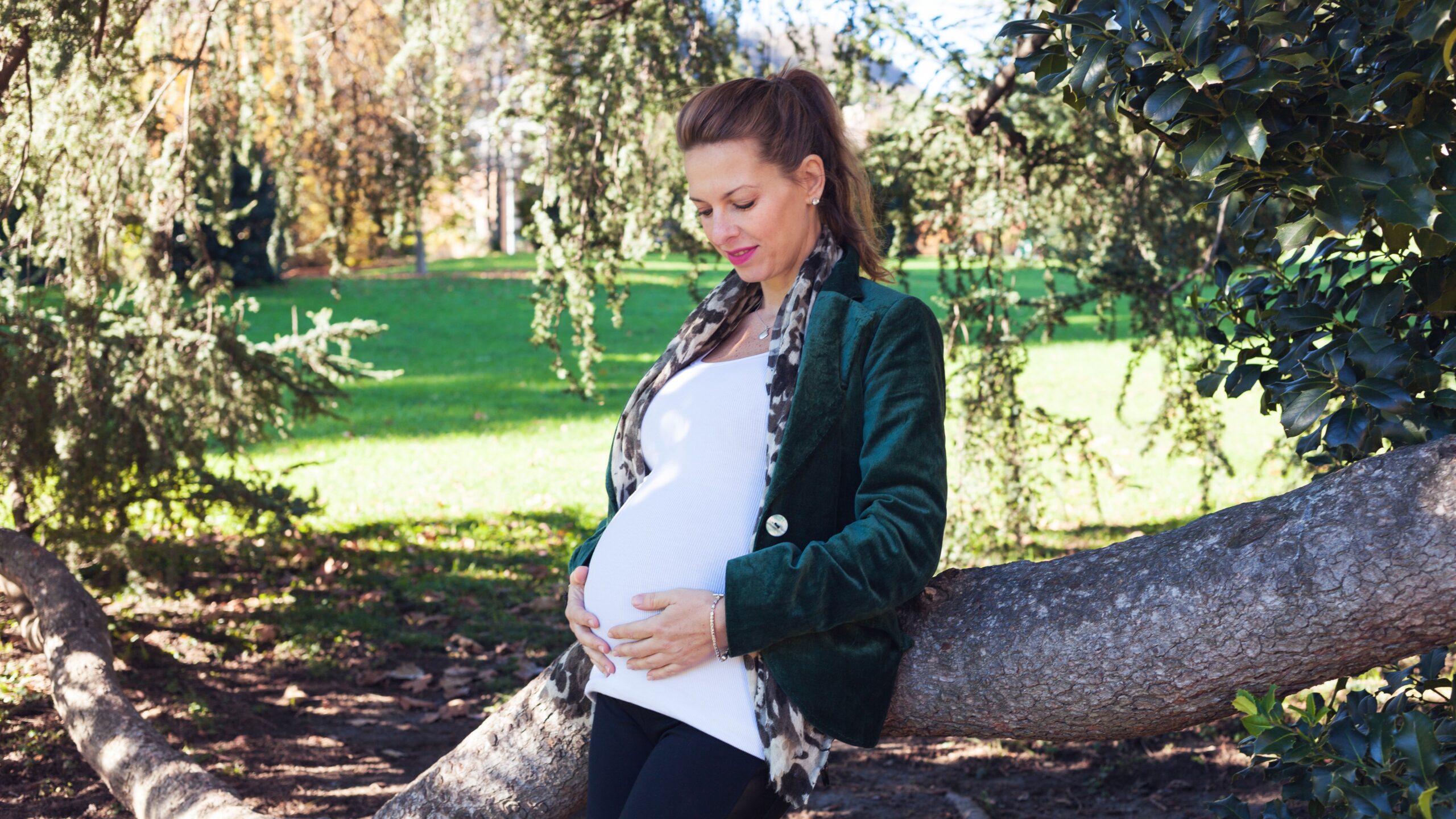
I’ll be 46 when I become a mom for the second time. I do have some hesitations regarding what breastfeeding and the infant stages will be like half a decade later, with a 6-year-old son, not to mention my work and other life responsibilities.
Life can’t be orchestrated. Sometimes, things just don’t work out how we hope they will, and it can be heartbreaking — or a blessing in disguise. On the flip side, we must be careful what we wish for, because we just might get it.


